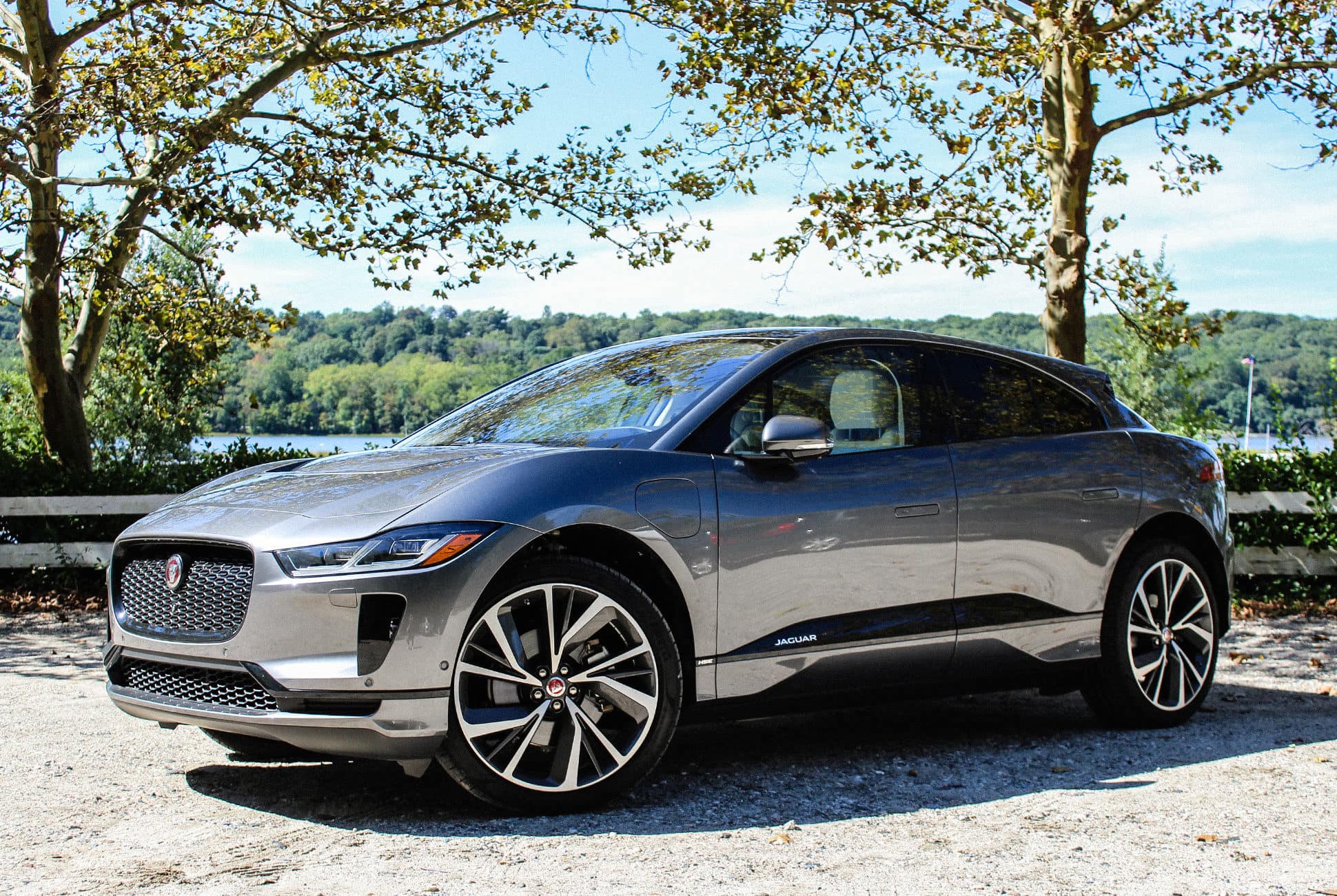The i-Pace has become Jaguar’s first electric car, and last year during its first year on the market, it managed to deliver a total of 18,000 units. But, the i-Pace is not immune to battery supply problems that threaten to become a severe bottleneck for brands more dependent on deliveries from Asian manufacturers.
Jaguar is suffering from having to distribute many batteries. Something that will mean that at least one week, the production lines of the i-Pace will wait for the arrival of more cells.
One of the problems is that the expansion of LG production in Poland is still under construction, and this year its output will not reach 80,000 packs. A figure that adds up to the 100,000 that the current plant already has underway, and that LG will have to distribute among its extensive portfolio of clients. Among which brands with the oldest contracts have preference, such as Renault that expects to sell this year between 80,000 and 100,000 units of the ZOE itself, to which we must add the packs for the Kangoo ZE and the Master ZE. Names to which Volkswagen will be added this year with its ID.3, the new e-Up, and its twin brothers from SEAT and Skoda.
It will not be until 2021 that LG achieves that its plant in Poland manages to reach 300,000 annual packs. A figure that today seems to be very short, given the explosion of supply and demand.
A worrying situation for those brands that have failed to ensure a reliable supply of batteries. It is visible how this year the production stops have to be made more frequently than expected, with the impact that this can have on the expectations of sales and especially in the CO2 that they planned to reduce from their ranges thanks to the electric ones.

